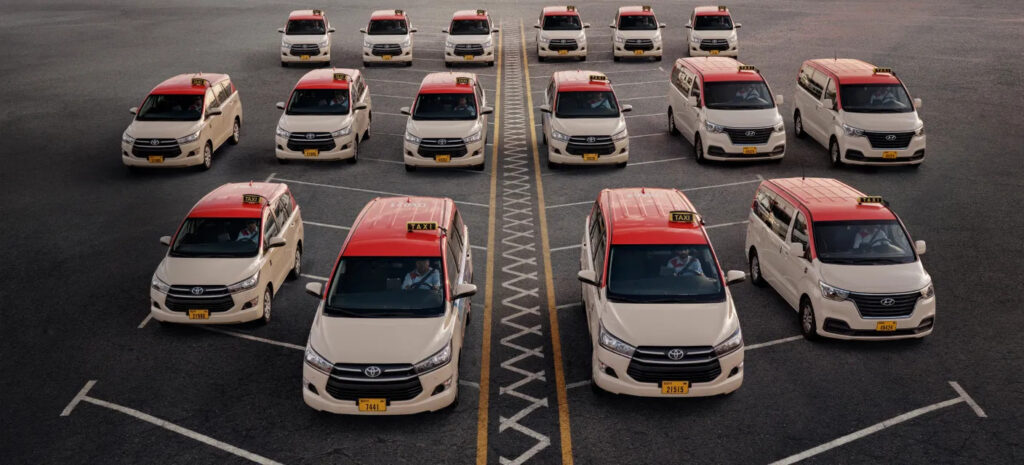
globalbizmag.com
Africa’s Renewable Energy Investments are Abysmally Low, says Report
The total investment in renewable energy technologies across the world reached $495 billion in 2022, a 17% increase from the previous year and electric mobility reached $466 billion in 2022, representing a 54% increase in levels of investment compared to 2021.
However, the total renewable energy investment in 2021 was abysmally low at 0.6% that went to Africa – an 11-year low. Of the $434 billion invested worldwide in renewable energy technologies in 2021, while nearly half of this global investment went to China, only $2.6 billion or 0.6% of the total renewable energy investment went to Africa.
In other words, while there is no shortage of investor appetite for clean energy projects, it often does not end up where it is needed most, despite this year-on-year growth globally, according to a report from RES4Africa Foundation.
The report said that Hydrogen received $1.1 billion in 2022 globally, representing only 0.1% of the total despite strong interest, but it is the fastest growing sector, with investment currently tripling year-on-year.
“In particular, 2021 saw new records for renewable energy capacity additions worldwide. The record-high levels of investment in 2021 enabled a significant amount of new global renewable energy capacity additions – an increase of 6% to nearly 295 Gigawatt (GW) globally in 2021,” the report citing International Energy Agency (IEA) findings last year.
Resourceful
The report said that Africa has the resources to become a renewable powerhouse. The solar capacity potential is estimated at 10 TW, hydro energy at about 350 GW, wind at 110 GW, and geothermal resources at 15 GW. It has the potential to generate up to 24,000 TWh of electricity each year – 90% of the world’s electricity production in 2018 – and 26 times that currently generated by the continent, the African Development Bank said in 2018.
These amounts of resources have the potential to provide sustainable and affordable energy to the hundreds of millions of Africans lacking modern energy access today. In addition, using indigenous well-distributed renewable sources can reduce fossil fuel imports and costs for importer countries, thereby improving energy security.
Clean energy investments and activities can also help in creating more jobs in the continent. Low-carbon development strategies based on the expansion of renewable energies and energy efficiency measures have a stronger job creation impact than investments in the fossil fuel industry.
While investments of $10 million in renewable technologies and energy efficiency are estimated to create 75 and 77 new jobs, respectively, the same investment in fossil fuels creates only 27 new jobs. According to IRENA’s 1.5 °C scenario, the energy transition in Africa has the potential to generate as many as 8 million employment opportunities by 2050, which is a significant increase from the current number of over 300,000 jobs, International Renewable Agency (IRENA) said.
With local projects increasingly including local content requirements in contractual documentation, the result is the development of healthy local markets for various renewable energy jobs.
One example in Kenya, the Lake Turkana Wind Power Project, created between 1,800 to 1,900 jobs during the construction and 320 to 350 during operations, and included a local content requirement that 70% of the jobs needed to be targeted for Kenyans (Vestas, 2018). The project has also created indirect jobs and is supporting local economic development.
UAE Steps In
The UAE has emerged as one of the Africa’s largest investors as Dr Sultan Al-Jaber, the COP-28 President-Designate, announced at the recent Africa Climate Summit in Nairobi that the Emirates will provide $4.5 billion in funding for clean energy projects across the continent.
Even Masdar, the world’s largest clean energy investors based in the UAE, has launched several clean energy projects in Central Asia and also announced a new initiative in partnership with Africa50, the pan-African infrastructure investment platform, to invest up to $10 billion in clean energy projects targeting 10 gigawatts of clean energy capacity by 2030.










